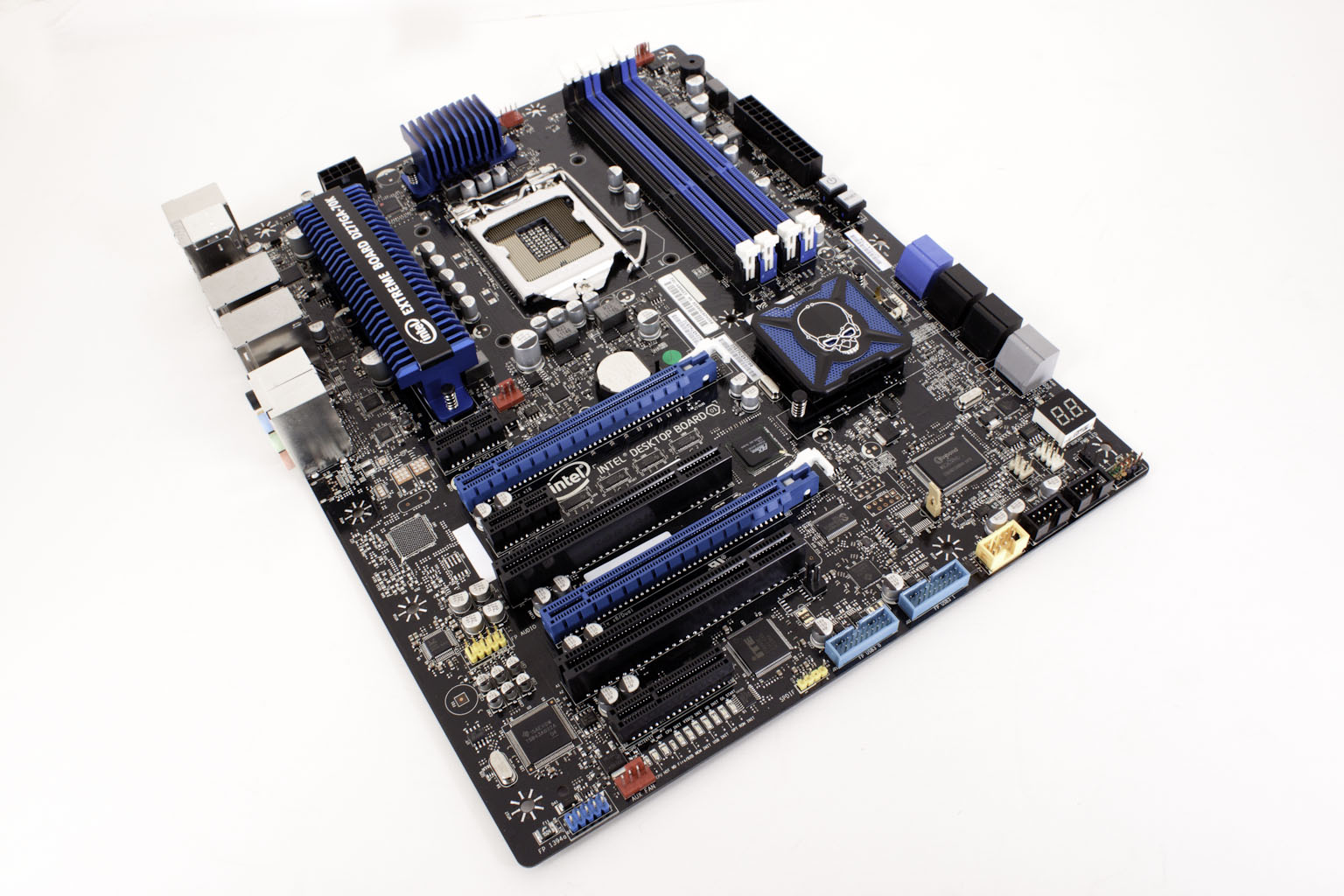For Intel this means they can drop a segment of their business that was not exactly a major source of revenue. They can consolidate and put their resources to work on other items of more importance like developing new form factors (let’s face it ATX is getting old). Intel is not downsizing and the current motherboard team is not being let go; this is a clear sign that Intel is reorganizing for efficiency and not due to income. They will continue to make CPUs and Chipsets, but they simply will not longer sell their own branded motherboards.
For the consumer there is very little impact, especially considering that most consumers buy from Asus, Gigabyte, MSI, Foxconn etc. There is not an especially big market for Intel branded motherboards so the consumer will not notice the impact. For the third party manufacturers there will be a gap to fill. As it stands right now the two companies that are best poised to fill this gap are Gigabyte and Asus. Both of them claim they will be picking up the lion’s share of this market which is to be expected.
Of course this announcement will certainly add fuel to the rumors that Intel will be pushing the BGA package instead of the desktop socket. However that is highly unlikely even after Intel makes its exit from the desktop motherboard market. One thing that we do wonder is who Intel will partner up with for their CPU launches. In the past they have supplied a motherboard and CPU as part of their reviewer’s kits. We would expect them to continue this tradition, but who will be the partner that gets the first run with the Intel CPUs? Our guess is either a leaning toward Gigabyte or that Intel will choose from the major manufacturers and then send out an equal number to the press; this is pretty much what AMD does now since they do not make their own boards any longer as well.
To sum things up, there will be little to no change to the consumer over the next three years and no drastic impact even to companies like Gigabyte and Asus. There simply is not a large enough market share available to make a difference one way or the other.
What do you think about Intel’s exit from the desktop market? Tell us in our Forum




